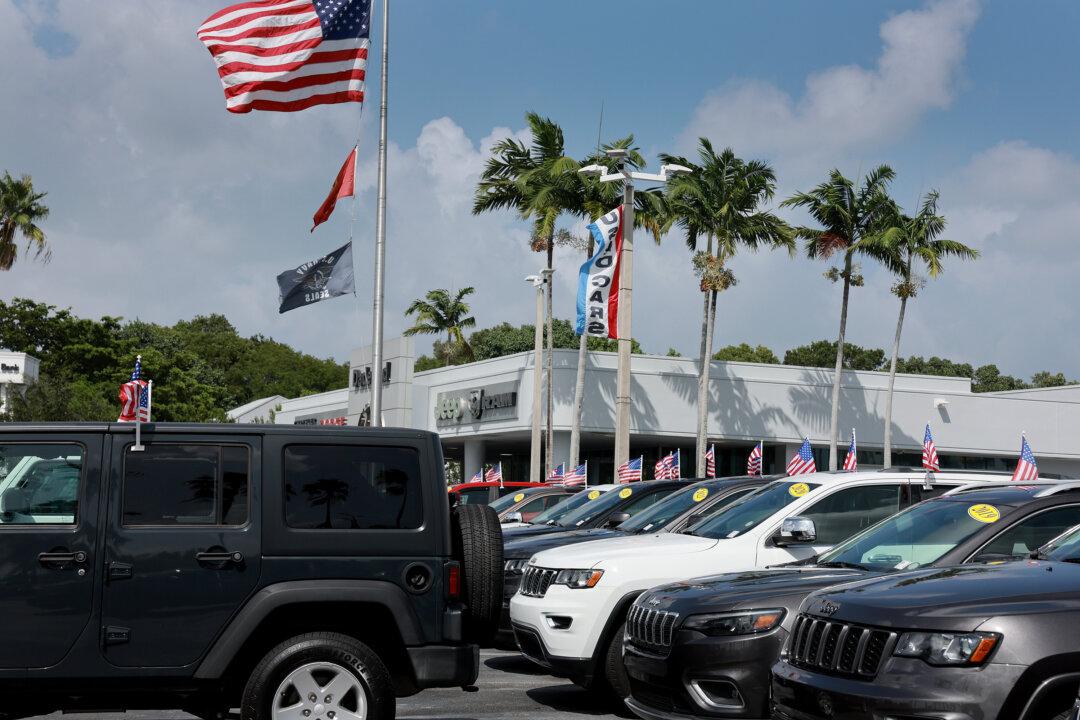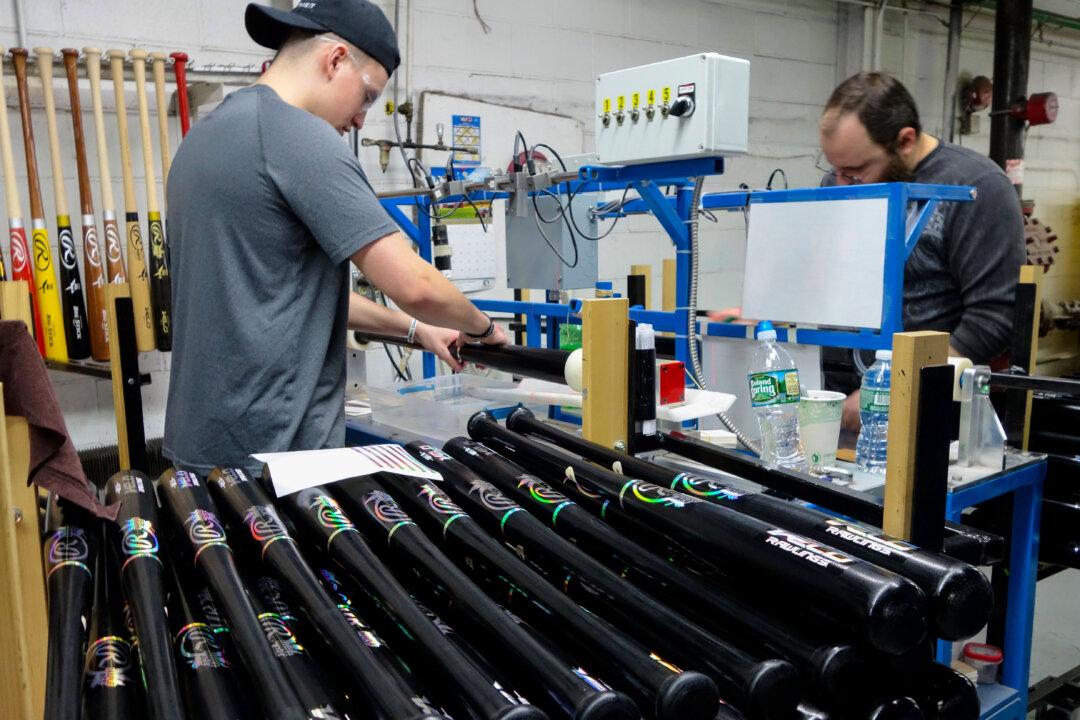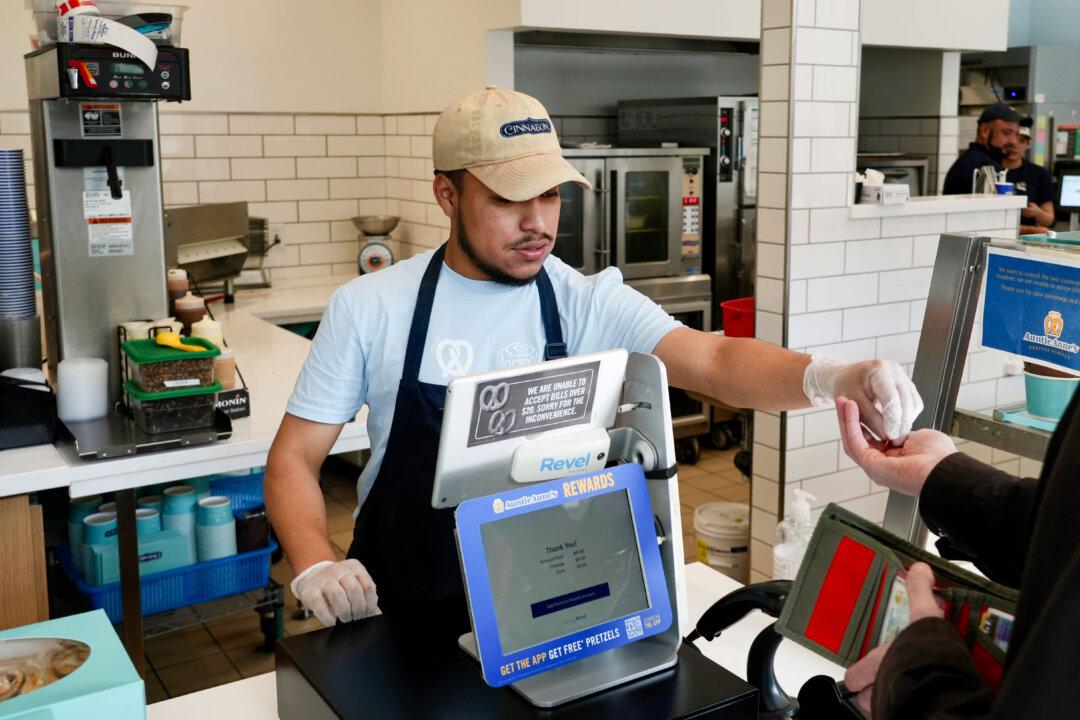American auto buyers are buying new cars again, and with more choices, as inventory has reached its highest level in four years. According to some auto analysts, despite that prices remain high—just less than $50,000—the auto-consumer mentality has turned a corner, bringing buyers back to the market as 2024 reaches its end.
“One subtle change that happened in November and probably for the next couple of months is a shift in buyer psychology,” said Jonathan Smoke, chief economist at Cox Automotive.





